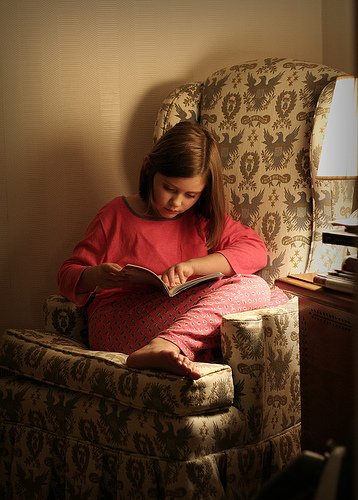Writers need to be a part of the wider reading community, not just the writing community. Yes, you need to do it as part of your book marketing, but it’s also a way to widen your outlook about literature in general.
I recently judged the state level of the Letters about Literature writing contest for the Center for the Book. It was a fruitful day for me as a writer, because fellow-judges were librarians and teachers. Mention a recent title and you got an avalanche of opinions. What a refreshing day!
Input from the wider reading community is crucial for writers to maintain a balance. We sit in our caves and focus on the production of words to the exclusion of readers. Listen, there are lots of passionate readers out there.

The Letters About Literature contest asks students to write a letter to an author and explain how and why the author’s book impacted their lives. Wow. The range of books represented, the variety of authors and the passion of the students reminded yet again why we do this. Yes, to us and to us alone, it is the process that matters the most. But when our books go out into the world, it is the reader that matters. Connecting, angering, tickling, disgusting, enraging, delighting–our books should evoke something in that reader.
By stepping out of my writing cave and into the judging today, I was reminded that I do this for myself AND for the kids who read what I write. Today–I salute those readers. Thank you for caring so much about literature, for allowing words to touch you in deep and lasting ways.
Dear Darcy,
I was intrigued when I found Oliver K. Woodman’s story in a bargain bookstore as I have been doing Woodman genealogy for many years and am always on the lookout for Woodmans. There are three Oliver Woodmans in my database, but, alas, no Oliver K. and none from South Carolina. I also have no Pattisons in the database. I enjoyed reading about Oliver and thought the scheme of the book was quite clever. I wish you every success in teaching young writers to stretch their minds. The best tool for writing is to read, read, read!
Robert C. Woodman Petal, MS